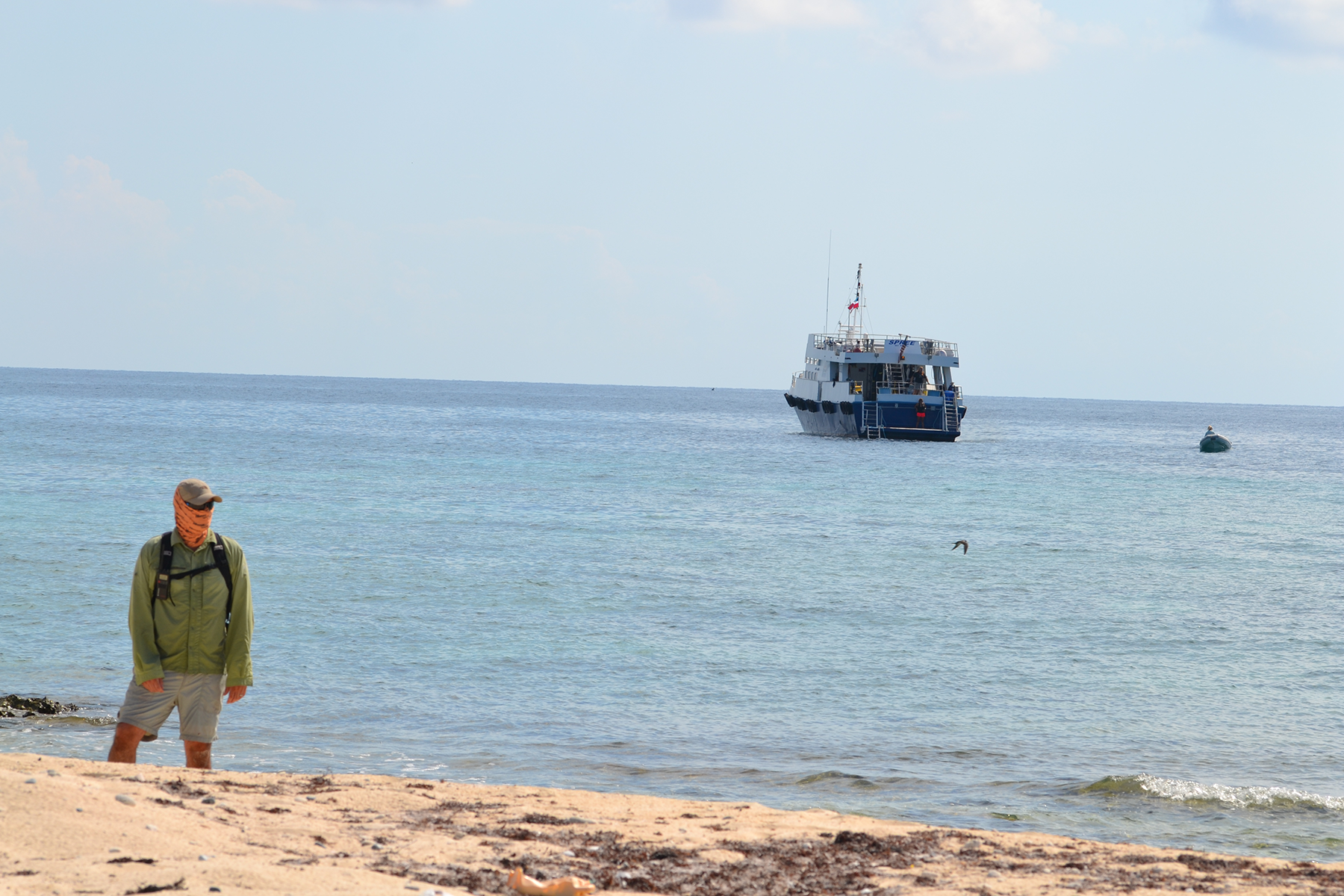
The Reynolds Lab
We use field research, laboratory genetics and genomics, and computational and statistical approaches to study the diversity of vertebrate life. Most of our work is on islands and island-like habitats in the Caribbean and the southeastern US, and we have a particular fondness for reptiles and amphibians. Students in the Reynolds Lab conduct original independent research both in the lab and in the field, attend conferences and research trips abroad, and engage in community service.

R. Graham Reynolds Ph.D.
Associate Professor of Biology
Director of the University Honors Program
Associate, Harvard Museum of Comparative Zoology
Dr. Reynolds’ research program uses genetic data, both lab-generated and simulated in silico, to study the evolution, ecology, and conservation of reptiles and amphibians in the southeastern United States and the Caribbean. He is especially interested in pairing modern genetic and statistical methods with good old-fashioned natural history and field research, with a special focus on Chilabothrus snakes and Anolis lizards in the West Indies. His fieldwork carries him to swamps and mountaintops around the southeast, as well as all over the Caribbean- from the Bahamas to Puerto Rico, Hispaniola, Turks and Caicos, Central America, and beyond. Dr. Reynolds is co-author of the books West Indian Boas, The Amphibians of Tennessee, and The Reptiles of Tennessee. He has co-discovered four species of snakes, including the Silver Boa, the World’s most endangered boid snake, from a remote corner of the Bahamian Archipelago.
His work has been featured in the New York Times, Harvard Gazette, Discover Magazine, Newsweek, National Geographic, and Smithsonian Magazine, among others.
Dr. Reynolds serves the Asheville community as Chair-Elect of the Helpmate Board of Directors and is a member of the NC-GEAR UP Steering Committee to increase higher education access in underserved counties in Western North Carolina.


